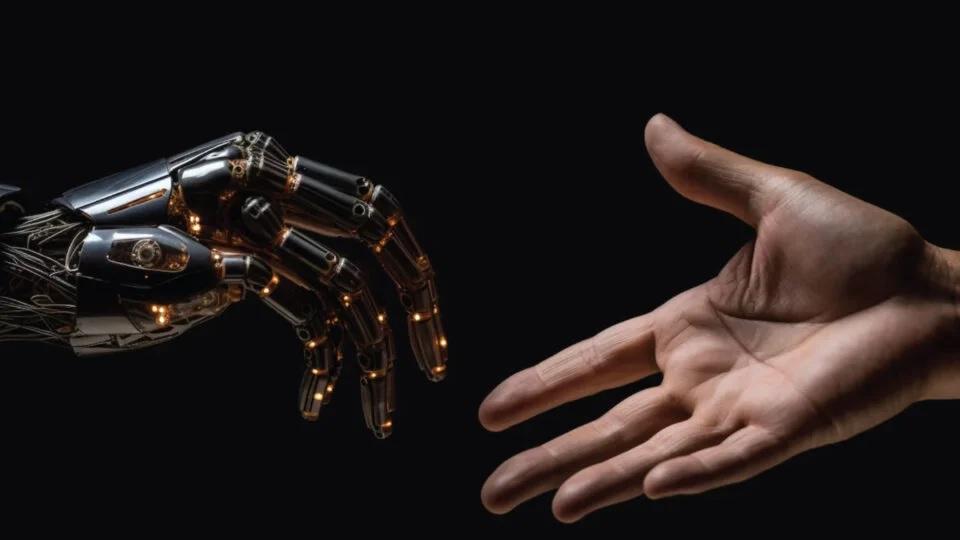The rapid advancement of AI has revolutionized industries worldwide, transforming the way businesses operate. While some organizations are still catching up, AI is undeniably a game-changer, reshaping industries and redefining enterprise operations.
Estimates from Goldman Sachs suggest that AI has the potential to increase global GDP by approximately 7% (almost $7 trillion) over the next decade by enhancing labor productivity. Even with conservative predictions, AI is poised to drive significant progress in the global economy.
Perception Problems Around AI
The impact of AI on the workforce is both profound and complex. While there are many proven instances where AI integration has led to performance improvements and enhanced well-being for employees, concerns about job displacement still loom large. Reports citing AI-related job cuts have only bolstered that fear, however it’s imperative to remember the dual nature of technological innovation.
While certain jobs may become redundant, new opportunities, particularly in AI and tech-related fields, are emerging. Gartner’s optimistic prediction suggests that AI could generate over half a billion jobs by 2033, emphasizing the need for a workforce skilled in AI technologies and applications.
It’s also crucial to consider how current roles might evolve to integrate AI tools alongside human workers. For instance, doctors could leverage advanced data analysis software to improve diagnostic accuracy, while IT professionals might utilize generative AI to swiftly and precisely obtain the scripts they need. In these scenarios, human involvement remains indispensable, but tasks can be completed more quickly and accurately.
Shifting Our Mindsets
For IT departments, traditionally at the forefront of technological innovation, the rise of AI signals a paradigm shift. AI is revolutionizing the IT industry by automating and optimizing workflows, increasing team output, and boosting cross-organizational efficiency. Rather than replacing the IT technician, AI has the potential to serve as the ultimate assistant by automating the manual, tedious tasks and enabling the technician to spend their time on high-value projects they wouldn’t otherwise have the time to tend to. This transition, however, necessitates not just adaptation to new tools, but also a fundamental shift in mindset towards embracing intelligent systems.
Central to this shift is the concept of closed-loop AI systems—an aspect of responsible AI—which ensures that any inputs to the system (such as data, sensitive information, etc.) are never used for outputs outside of the organization. In other words, any information given to the AI stays within the system, ensuring no information is compromised outside the organization, and the data is not used to train the AI or algorithm.
To Know More, Read Full Article @ https://ai-techpark.com/ai-evolution-enterprise-future/
Related Articles -
Top Five Best Data Visualization Tools
Top 5 Data Science Certifications
Trending Category - AI Identity and access management




